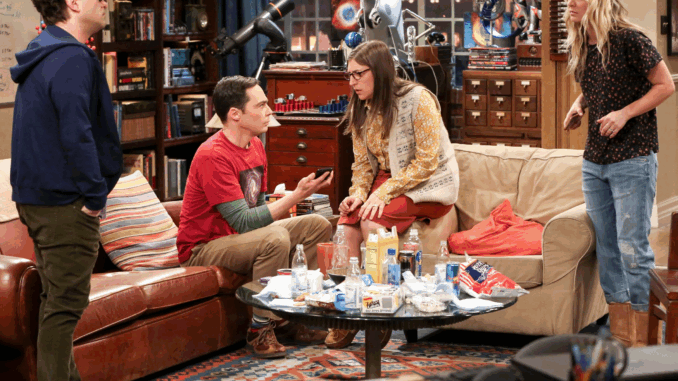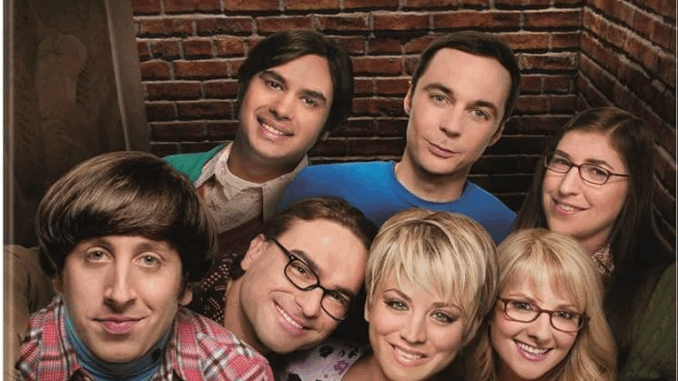
When The Big Bang Theory premiered in 2007, few could’ve predicted that a sitcom about socially awkward physicists would become a global phenomenon. Yet, over 12 seasons, the series not only earned critical acclaim and massive ratings — it also changed the way mainstream audiences viewed science, geek culture, and intellectualism.
A Sitcom That Broke the Mold
Unlike traditional sitcoms centered on family life or romance, The Big Bang Theory took a different path: it embraced science and intelligence. Physics, engineering, space exploration, and comic books weren’t side jokes — they were the core of the story.
Characters debated string theory and Schrödinger’s cat with the same passion others might talk about dating drama. And surprisingly — audiences loved it.
Science in the Spotlight
The show’s writers worked closely with real scientists, including physicist David Saltzberg, to ensure the equations and references were accurate. Scientific concepts were woven into plots naturally — from discussions about the Large Hadron Collider to guest appearances by real-world icons like Stephen Hawking, Bill Nye, and Neil deGrasse Tyson.

It was pop culture’s most high-profile celebration of STEM.
The Rise of Geek Chic
The Big Bang Theory helped shift the cultural narrative around “nerds.” Comic books, cosplay, and video games went from niche to mainstream. Merchandise sales skyrocketed, Comic-Con attendance soared, and wearing a “Bazinga!” T-shirt became a trend.
Even Dungeons & Dragons, once a symbol of nerdy isolation, enjoyed a huge resurgence — due in no small part to the show’s influence.
Impact on Education & Careers
Studies and surveys suggest that the show inspired a noticeable increase in students pursuing careers in science and engineering. Universities reported spikes in physics enrollment, and organizations like NASA and the American Physical Society praised the show for helping demystify complex topics.
Final Thoughts
The Big Bang Theory didn’t just entertain — it educated, inspired, and changed pop culture. It proved that science can be funny, brilliant minds can be loveable, and the “weird kids” can lead primetime TV.
Long after its finale, its legacy lives on — in classrooms, in comic shops, and in every laugh from someone who now knows what a Higgs boson is.